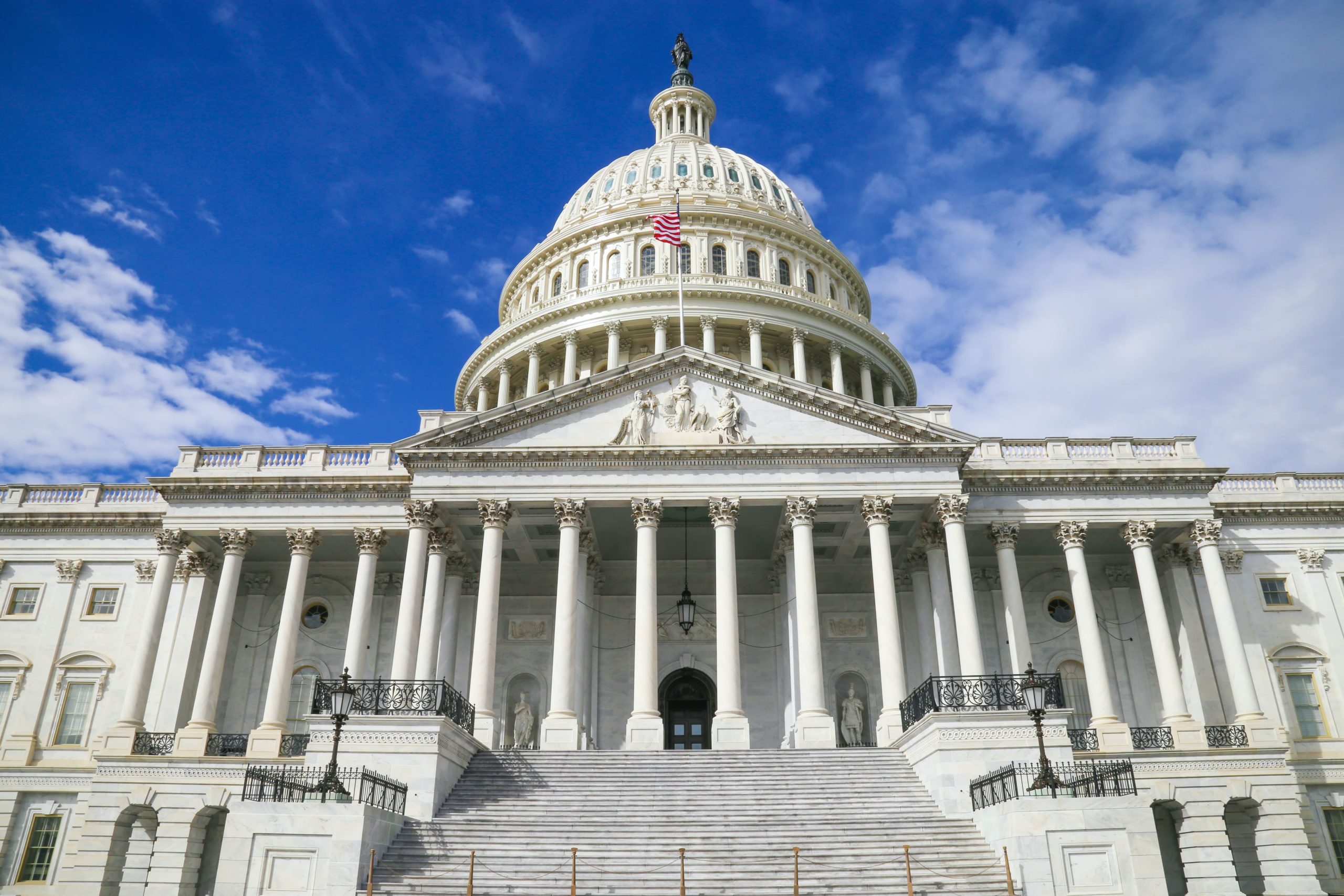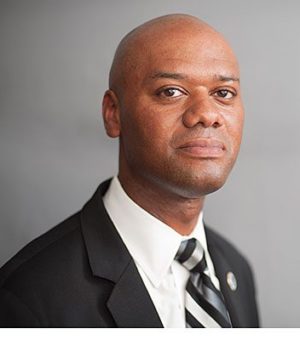
After months of delays and negotiations, Congress recently approved a $1.5 trillion omnibus spending package for Fiscal Year 2022. The omnibus spending bill, which was signed into law by President Joe Biden on March 15, 2022, funds various state and local justice system grant programs within the U.S. Department of Justice. These programs include the Justice and Mental Health Collaboration Program (JMHCP), the Justice Reinvestment Initiative, and the Second Chance Act. The bill provides the following:
- $40 million for JMHCP (up from $35 million in FY2021), authorized under the Mentally Ill Offender Treatment and Crime Reduction Act and reauthorized under the 21st Century Cures Act. These funds ensure that criminal justice and mental health systems throughout the country have the money they need to serve some of the nation’s most vulnerable people. The law funds mental health courts, mental health and substance use disorder treatment for people in the criminal justice system, community reentry services, local law enforcement training to help officers identify and improve responses to people who have mental health needs, and many other programs intended to address the needs of people with mental health conditions coming into contact with the criminal justice system. U.S. Reps. Bobby Scott (D-VA), Tom Emmer (R-MN), Norma Torres (D-CA), and Don Bacon (R-NE); and U.S. Senators John Cornyn (R-TX) and Amy Klobuchar (D-MN) circulated letters in Congress in support of more funding for this program.
- $35 million for Justice Reinvestment (up from $33 million in FY2021), a data-driven approach that helps states reduce corrections and related criminal justice spending and reinvest savings into strategies that improve public safety. In recent years, more than 35 states have used a Justice Reinvestment approach to develop policies to slow overall prison growth, and for some states, reduce the total prison population. States have invested hundreds of millions in effective supervision and treatment programs to make communities safer. These investments have included efforts to improve community supervision, expand community-based treatment and services, create grants to support local law enforcement, enhance victims’ services, and more. U.S. Reps. Adam Schiff (D-CA), Steve Chabot (R-OH), Carol Miller (R-WV), and Lucy McBath (D-GA); and U.S. Senators Thom Tillis (R-NC) and Sheldon Whitehouse (D-RI) circulated letters in Congress in support of more funding for this program.
- $115 million for the Second Chance Act (up from $100 million in FY2021), which was reauthorized as part of the landmark First Step Act. Since its enactment, recipients of Second Chance Act grants have worked to improve outcomes for people returning to their communities from prisons and jails, providing vital services—including employment training and assistance, substance use disorder treatment, education, housing, family programming, mentoring, and victims’ support. There have been more than 900 grants awarded in 49 states, the District of Columbia, and U.S. territories, allowing jurisdictions to develop, improve, and expand reentry programs and policies. Second Chance Act grantees have served more than 164,000 participants since 2009.
U.S. Reps. Bill Johnson (R-OH), Danny Davis (D-IL); and U.S. Senators Cory Booker (D-NJ) and Rob Portman (R-OH) circulated letters in Congress in support of more funding for this program.
In addition to funding the programs above, the package includes:
- The requested $409.5 million for programs and activities authorized by the First Step Act of 2018, including medication-assisted treatment;
- $575 million for Violence Against Women Act prevention and prosecution programs;
- $50 million for a new Community Violence Intervention and Prevention initiative; and nearly $300 million in community projects to fight crime and improve public safety in communities across the country;
- $40 million for the Residential Substance Abuse Treatment for State Prisoners Program, which assists states with developing and implementing residential substance use disorder treatment programs within state correctional facilities and local correctional and detention facilities in which people are incarcerated long enough to permit substance use treatment;
- $10 million for the Crisis Stabilization and Community Reentry Act of 2020, which addresses the mental health and substance use disorder needs of individuals who are recently released from correctional facilities; and
- A reminder to the Attorney General to comply with congressional direction and use the $5 million appropriated in FY2021 for the development and deployment of databases to track excessive use of force and officer misconduct. These databases are to be developed in consultation with state and local law enforcement agencies, community organizations, and advocacy groups, including people who advocate for the preservation of civil liberties and civil rights.
Photo by Louis Velazquez on Unsplash.
About the author

When returning to their communities from criminal justice settings, people with behavioral health needs face barriers in accessing…
Read More Assigned to the Cloud Crew: The National Incarceration Association’s Hybrid Case Management for People with Behavioral Health Needs
Assigned to the Cloud Crew: The National Incarceration Association’s Hybrid Case Management for People with Behavioral Health Needs
When returning to their communities from criminal justice settings, people with behavioral health needs face barriers in accessing basic needs—including food, housing, employment, transportation, education, clothing, and substance use and mental health services—which increases their risk of experiencing a crisis.
Read More Meet the Medicaid and Corrections Policy Academy Mentor States
Meet the Medicaid and Corrections Policy Academy Mentor States
New Hampshire Department of Corrections Commissioner Helen Hanks presents at the Medicaid and Corrections Policy Academy in-person meeting.
Read More Taking the HEAT Out of Campus Crises: A Proactive Approach to College Safety
Taking the HEAT Out of Campus Crises: A Proactive Approach to College Safety
The sharp rise in school shootings over the past 25 years has led school officials across the U.S. to take a closer look at ways to keep students safe. For Chaffey College in Rancho Cucamonga, California, a tragic incident at a nearby university hit close to home and spurred campus leaders to revisit their own school’s threat assessments and crisis responses.
Read More From 911 to 988: Salt Lake City’s Innovative Dispatch Diversion Program Gives More Crisis Options
From 911 to 988: Salt Lake City’s Innovative Dispatch Diversion Program Gives More Crisis Options
A three-digit crisis line, 988, launched two years ago to supplement—not necessarily replace—911. Calling 988 simplifies access to services when people are seeking help for themselves or loved ones with suicidal thoughts, behavioral health concerns, or substance use-related crises.
Read More











